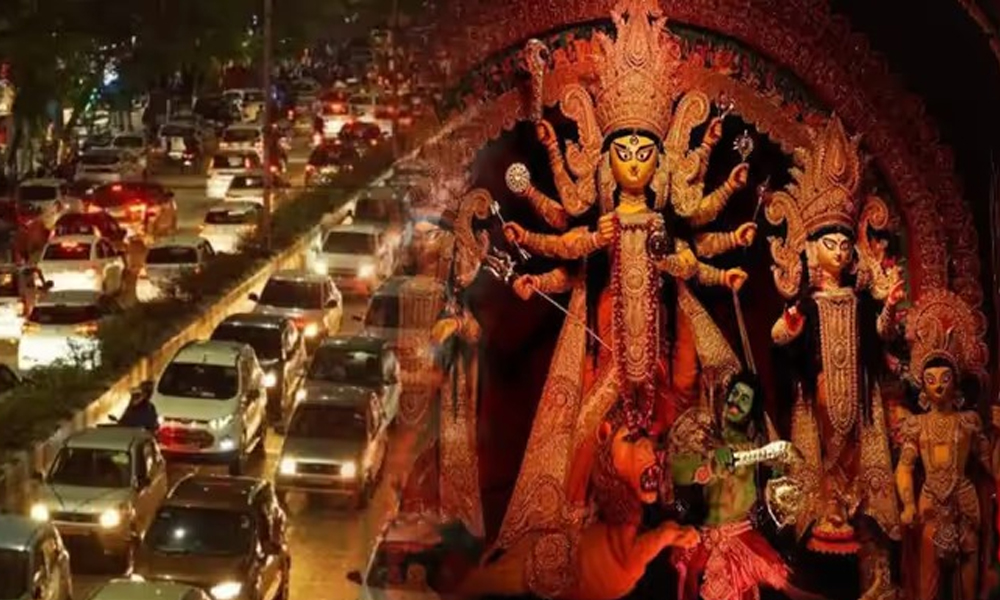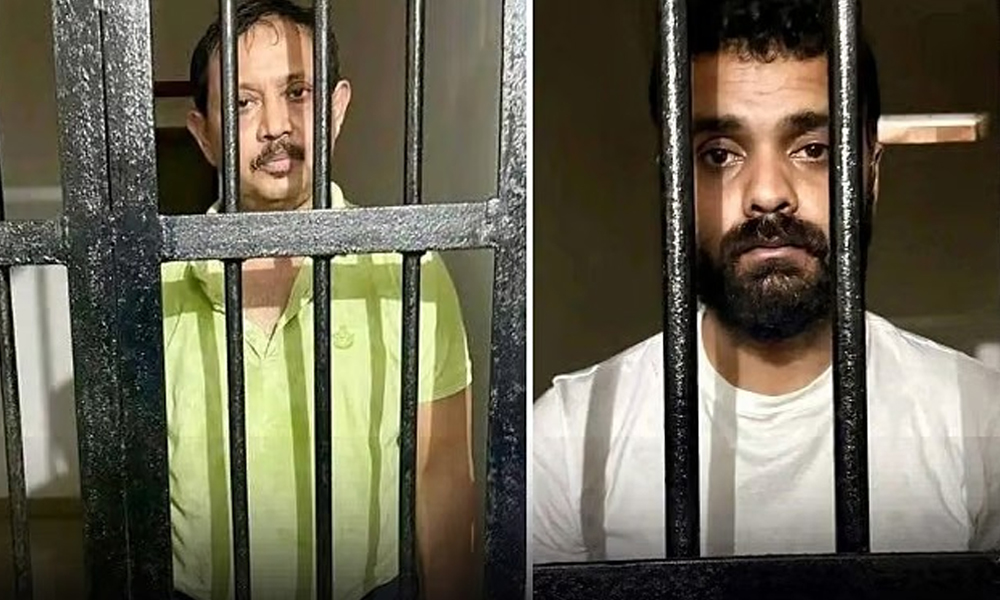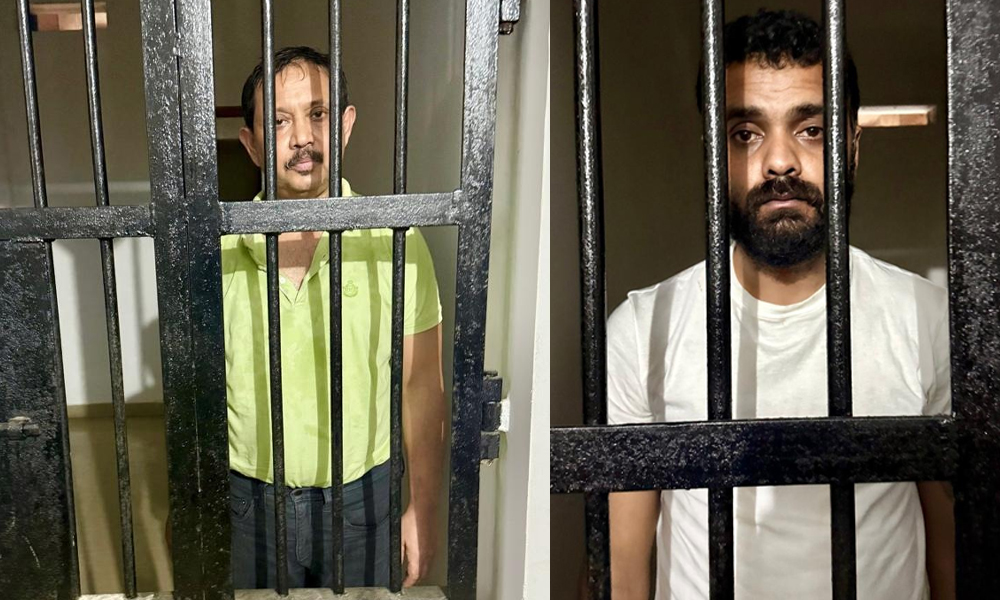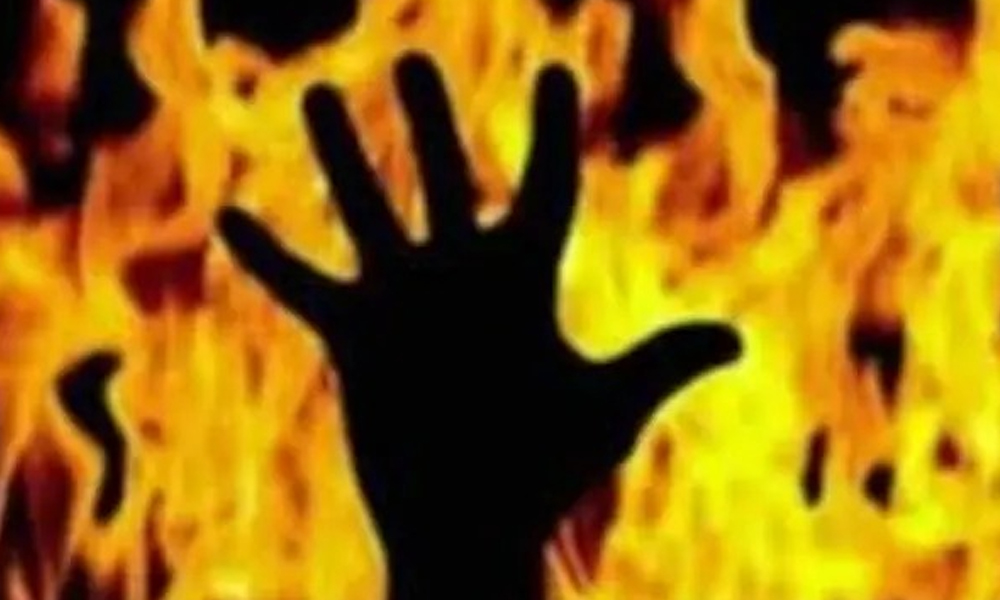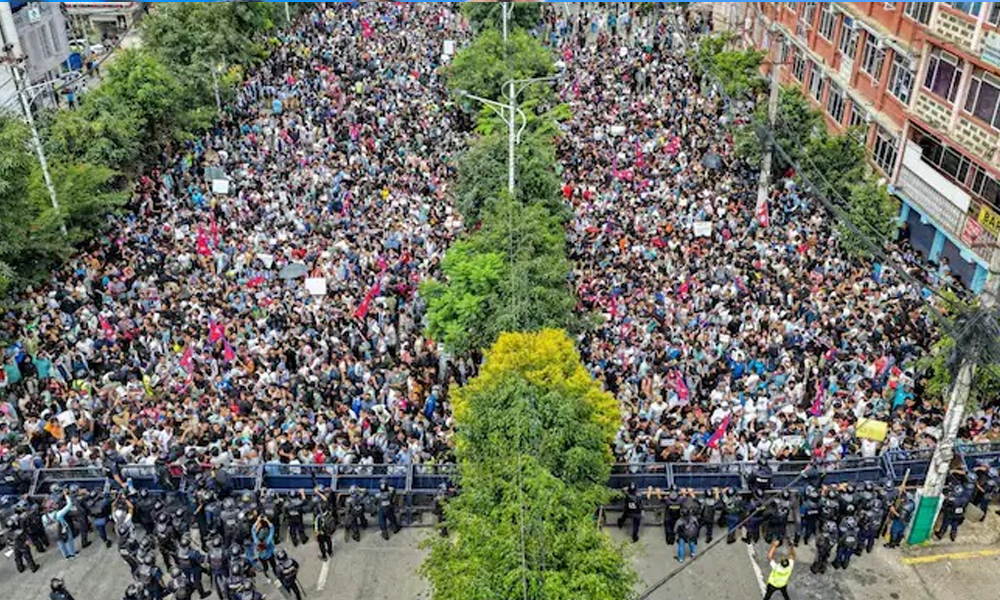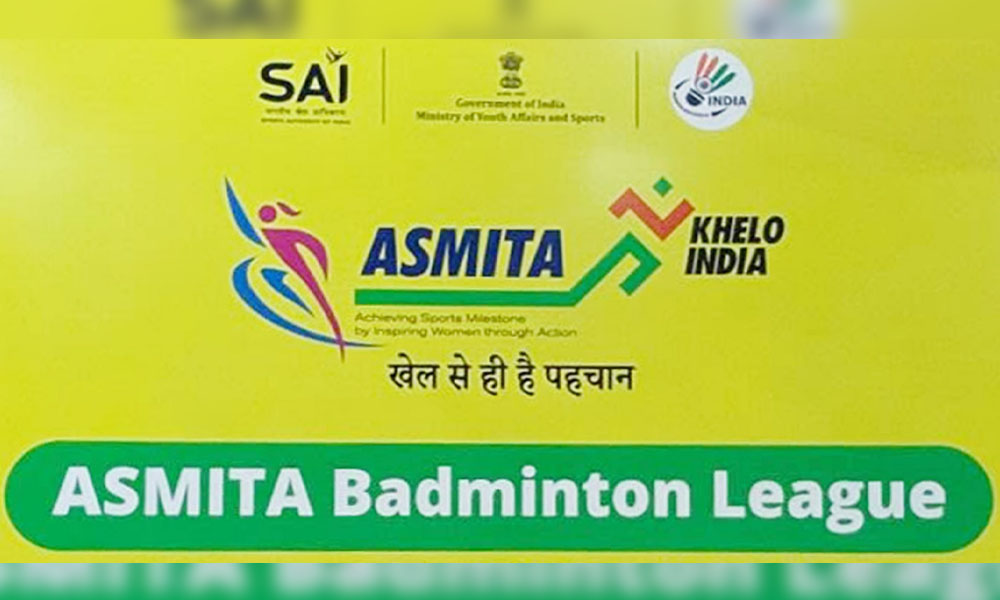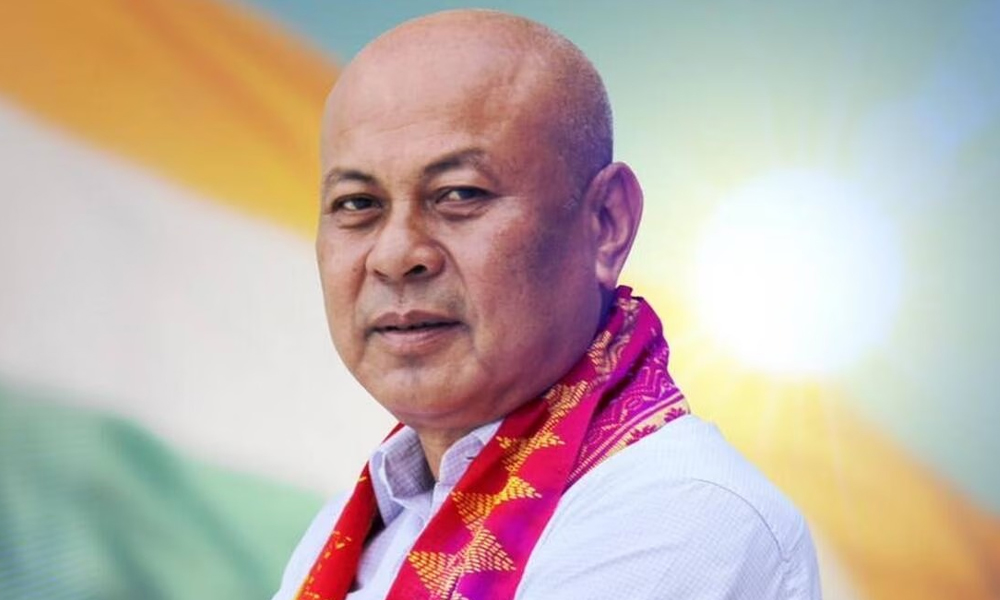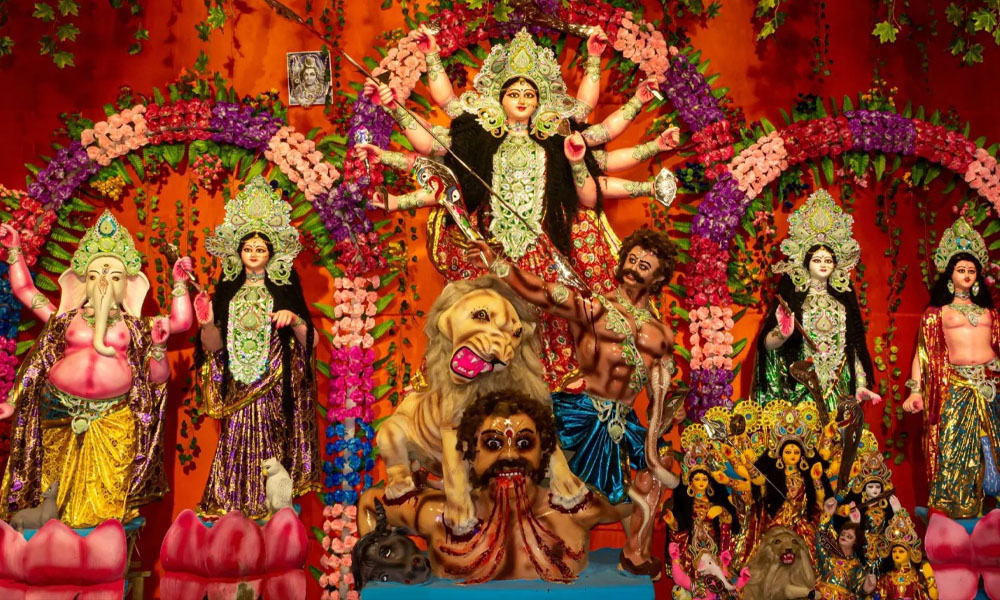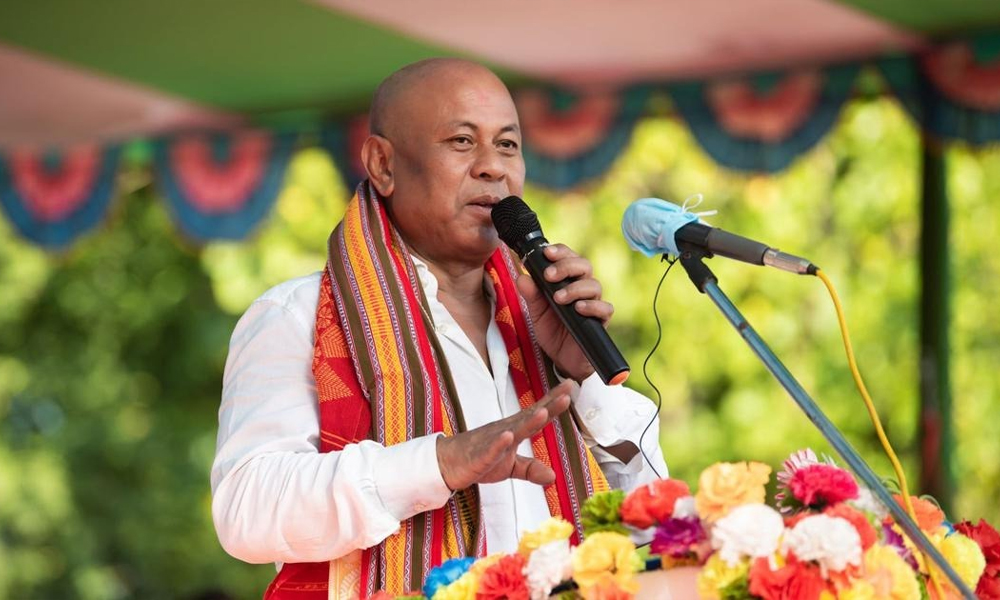Digital Desk: On Wednesday, the CBDT accused the producers of the well-known Dolo-650 medication pill of engaging in "unethical practises" and giving out over Rs 1,000 crore to physicians and other healthcare professionals in exchange for their endorsement of the pharmaceutical group's goods.
The Central Board of Direct Taxes (CBDT) announced in a statement that the department confiscated "unaccounted" cash totaling Rs. 1.20 crore and gold and diamond jewellery worth Rs. 1.40 crore after the action against the drugmaker.
Email addressed to Micro Labs Ltd. requesting a response regarding the department's claims went unanswered.
"Substantial damning evidence, in the form of documents and digital data, has been discovered and seized during the search operations.
The
statement stated that the group had been "debiting in its books of account
unallowable expenses on account of the distribution of freebies to the medical
professionals under the category "sales and promotion."
These "freebies included travel expenses, perquisites and gifts to doctors and medical experts for pushing the group's products under the titles "promotion and propaganda," "seminars and symposiums," "medical advice," etc.," according to the CBDT. The evidence suggests that the group used unethical methods to advertise its brands and products. It was anticipated that there had been roughly Rs 1,000 crore worth of such gifts.
Although
the group was not named in the CBDT statement, sources revealed it was Micro
Labs Ltd.
Dolo-650 is an oral analgesic and
antipyretic tablet that is frequently prescribed by physicians and medical
store owners to coronavirus patients in order to treat their common symptoms of
pain and fever.
On the firm website, a news story
from February was featured. It stated that the company had sold 350 billion
tablets of Dolo-650 since the Covid-19 outbreak in 2020 and had generated
revenues of Rs 400 billion in that same period. Dilip Surana, the company's
CMD, was quoted in the article.
The group that makes pharmaceutical
products and active pharmaceutical components and is present in more than 50
countries was accused of additional irregularities by the CBDT.
According to the group, "specific
provisions in respect of certain incomes were artificially inflated deductions
by resorting to concealment of expenses and over-appropriation of revenue to
the unit qualified for such deduction." The CBDT stated that it had also
discovered "several other methods of tax fraud, including inappropriate
allocation of research and development expenses to qualified units and inflated
claim of weighted deduction under section 35 (2AB)".
According to the statement, approximately Rs 300 crore in tax is being attempted to be "evaded" through these methods.
The department also discovered instances of "violation" of the tax deduction at source (TDS) rules under section 194C of the I-T Act with regard to transactions made in accordance with agreements made with independent bulk medication producers, it was stated.


